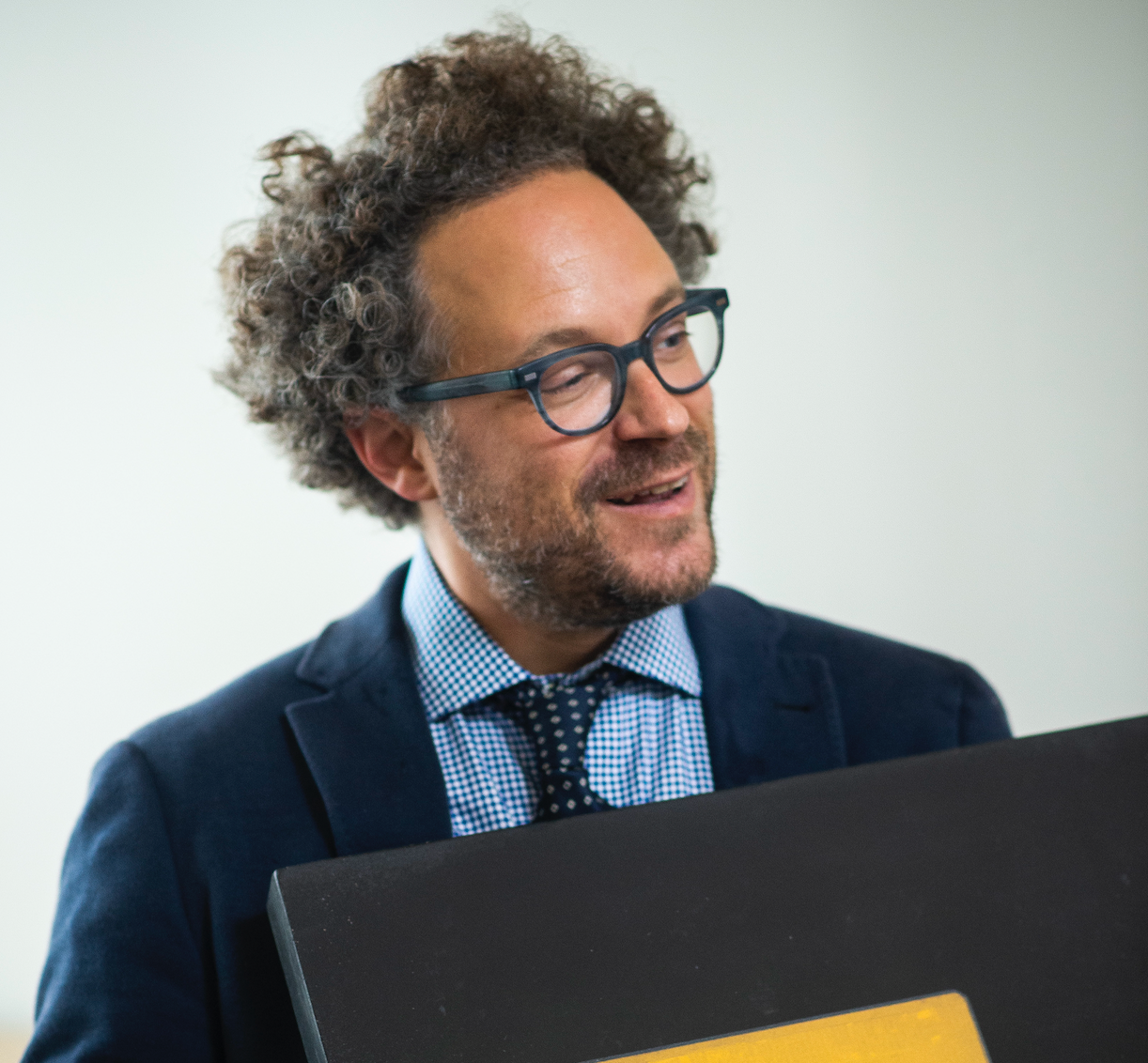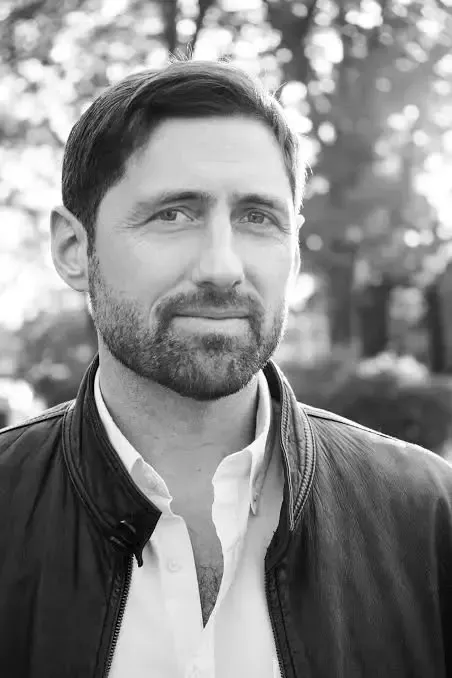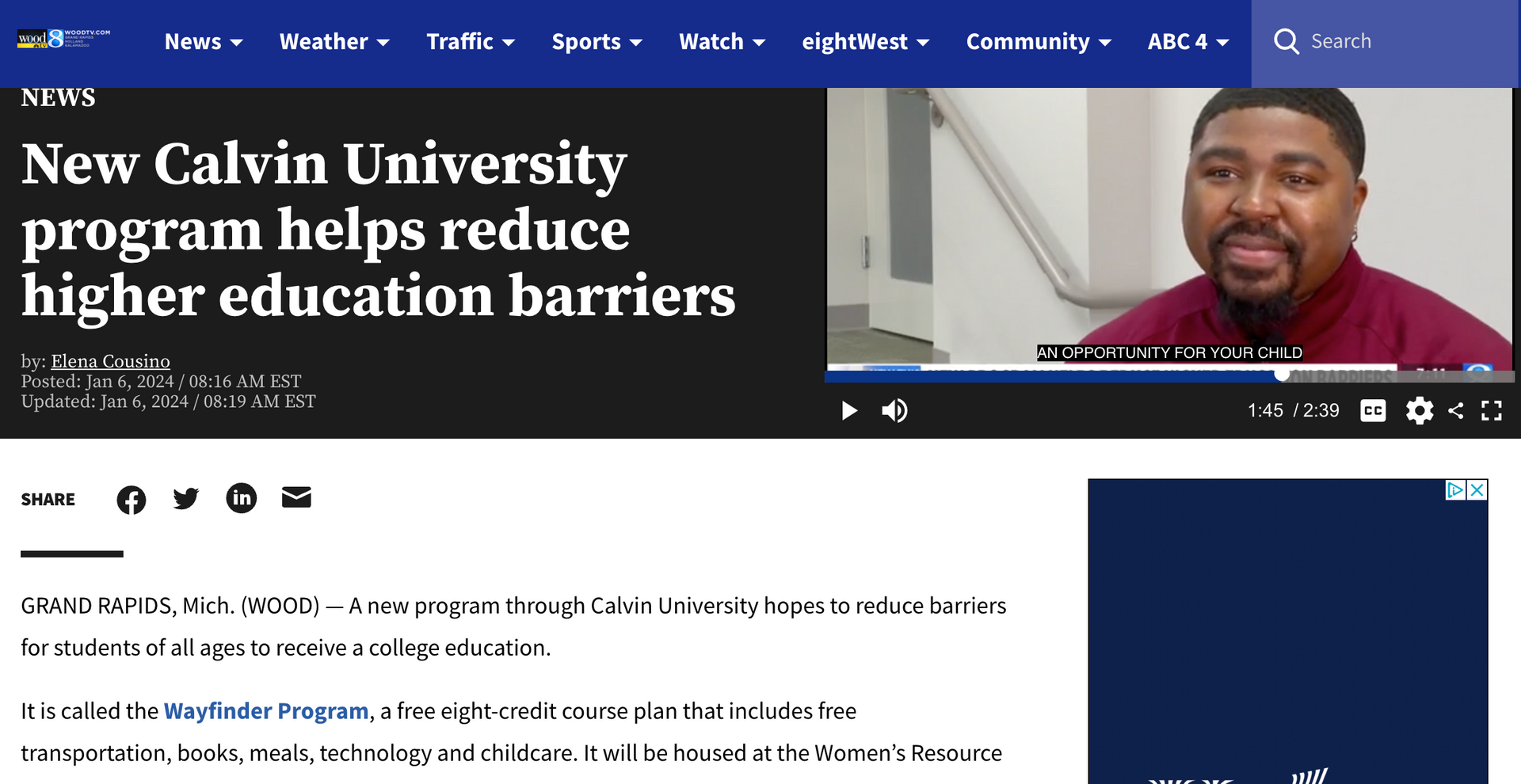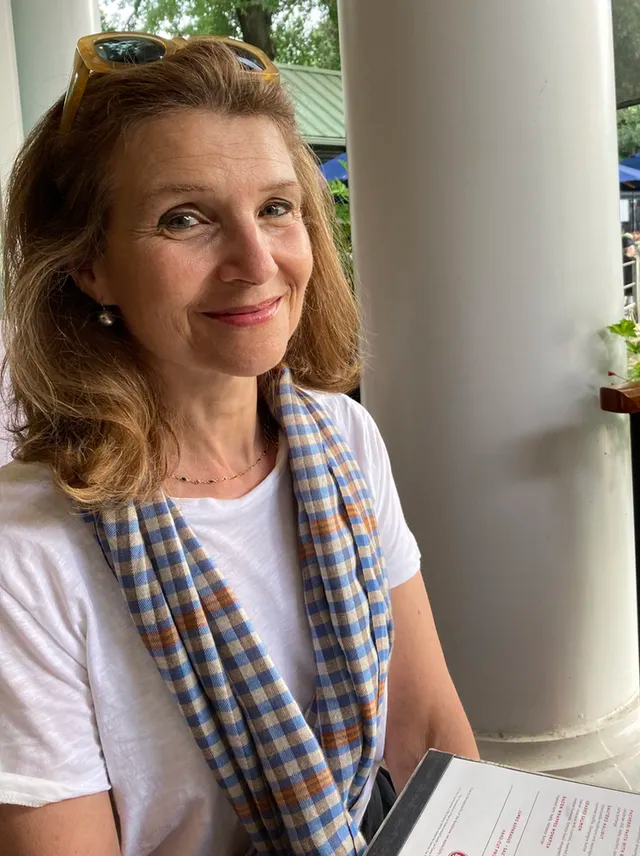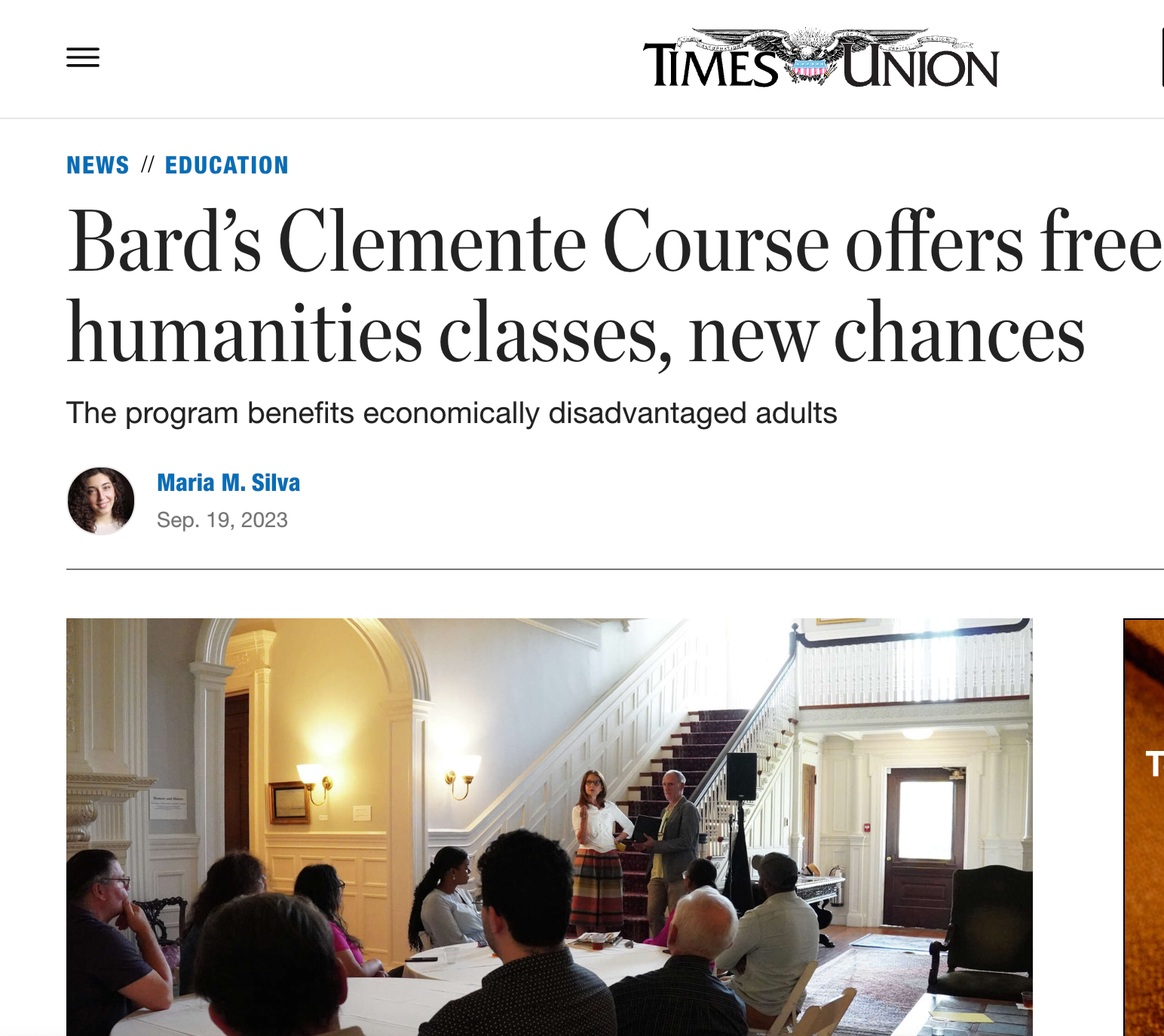From Trauma to Recovery Through the Humanities

What do Clemente Course instructors have to share with other educators working with nontraditional and adult students? Plenty!
Since 1995, Clemente has opened the door for adult and marginalized students to make a successful transition to higher education. Our courses have developed approaches and practices to facilitate learning and create safe and welcoming spaces for those who may have felt estranged from the classroom. In many cases, these practices intersect with the tenets of trauma-informed pedagogy, especially in our Clemente Veterans Initiative , which was established in 2015 to support veterans in their transition to civilian life.
Now, as we prepare to celebrate our 25th anniversary, we are beginning to share our experience more broadly.
A first stop was a conference of the Association of American Colleges and Universities in February. There a team of Clemente educators developed a Pecha Kucha , a tidy six-minute presentation of 20 slides, offering a view into the principles that guide our Clemente Veterans Initiative classrooms, “From Trauma to Recovery Through the Humanities.”
The presentation was led by Mark Santow, Academic Director of the Providence Clemente Veterans Initiative (PCVI). He was joined in conversation by fellow PCVI instructor Cheryl Foster as well as PCVI graduate and current creative writing instructor Lucas Pralle. From Antioch University in Seattle, host to the Seattle CVI, academic director Edward Durgen and Jane Harmon Jacobs, Special Assistant for Academic Affairs participated in the discussion.
The team explained the way trauma manifests itself in the classroom and how specific approaches to the humanities can help make the classroom a place of healing alongside one of learning. It looked at outcomes Clemente has seen in the classroom, as detailed in this slide:
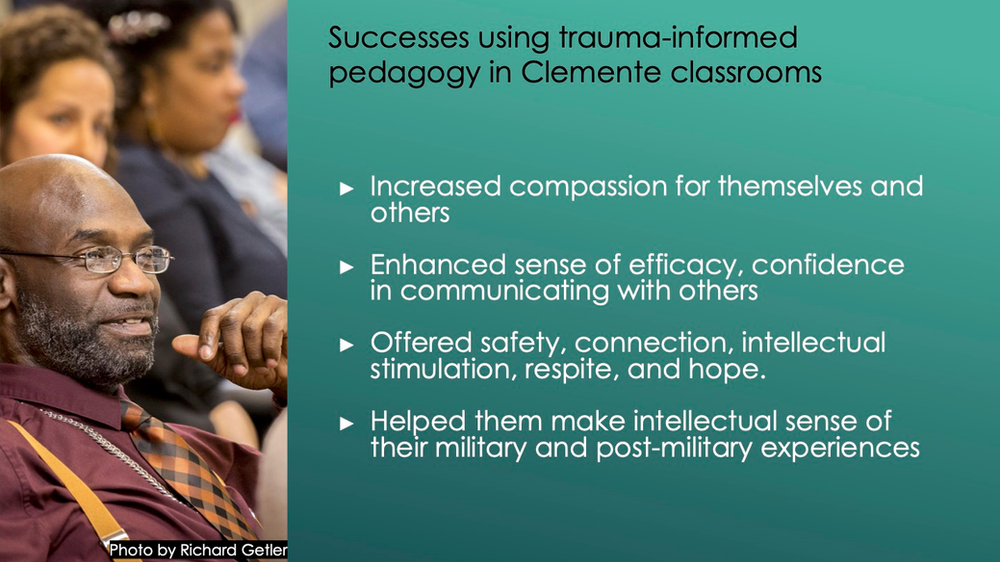
Soon the lessons of our classrooms will be accessible to many, as the team has recorded a version of their presentation and discussion to share with the Clemente network and beyond. We believe this will be valuable anyone working with veterans or marginalized groups in higher education. And after more than a year of living through a global pandemic that turned all of our lives upside down, understanding how to effectively respond to trauma in the classroom will arguably be important to all educators.
Stay tuned for more from this team of insightful Clemente professors!
